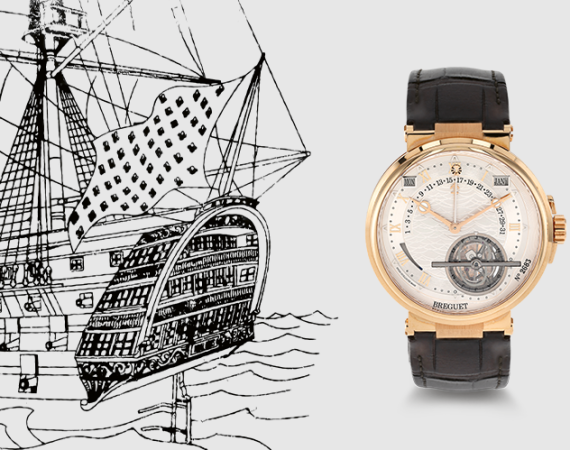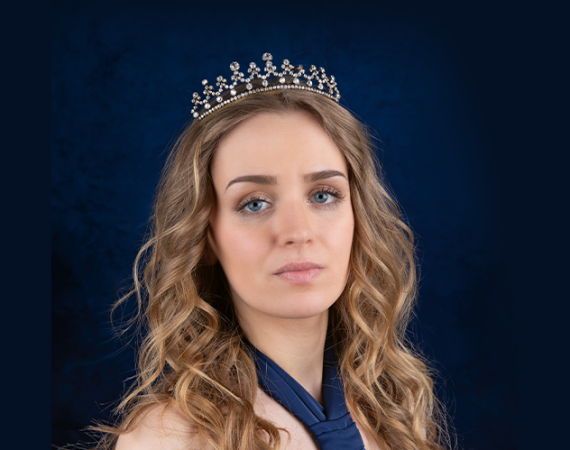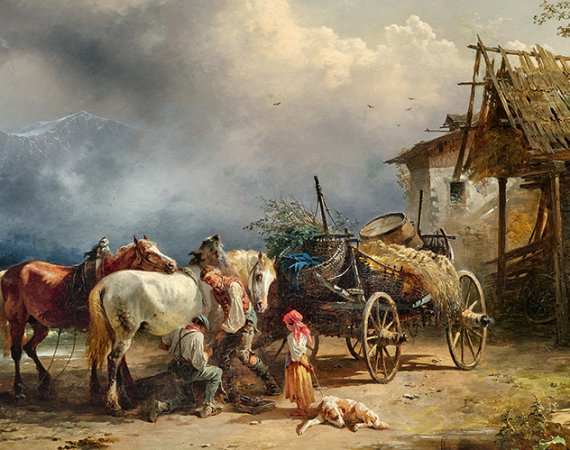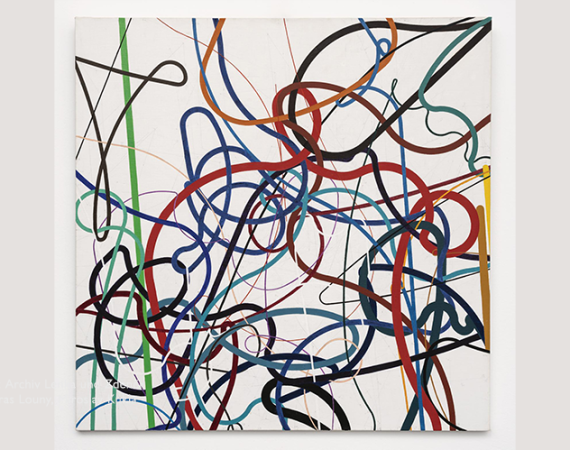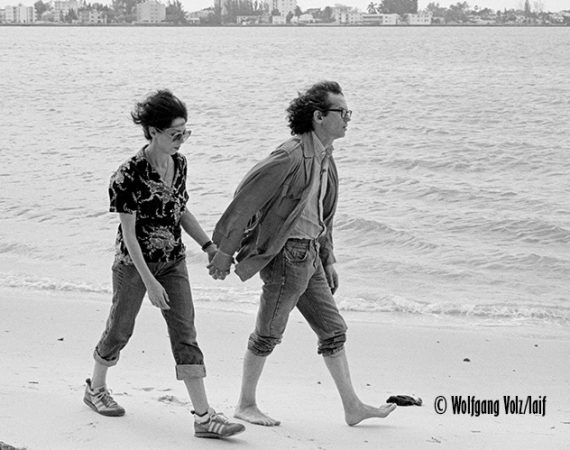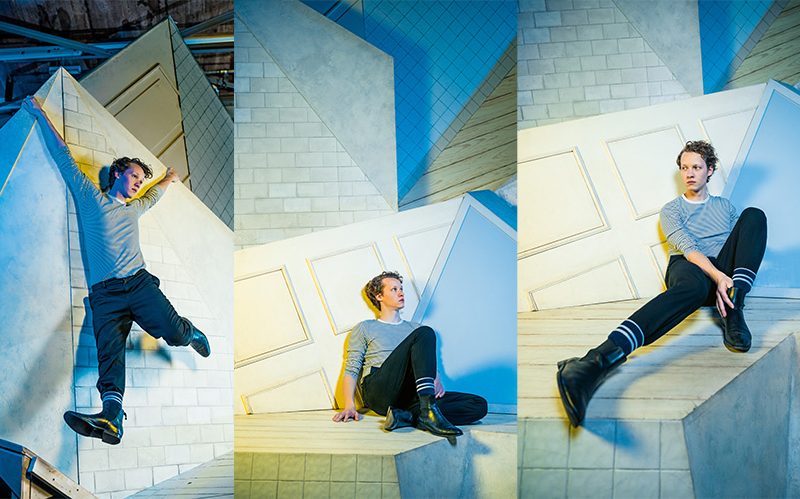
Austrian rising star Felix Kammerer made his breakthrough as a main protagonist in the Oscar-winning film All Quiet on the Western Front. His dedication to the Burgtheater, where he currently stars alongside Joachim Meyerhoff, is the umbilical cord that ties him to Vienna, the city that nurtured his love for the arts in the first place.
BY MARGARETE AFFENZELLER UND DORIS KRUMPL

film adaptation of Remarque‘s anti-war novel All Quiet on the Western Front.
©Amazon / Everett Collection / picturedesk.com
That unforgettable face, described by director Edward Berger as “so old-fashioned and so classic looking, so pure and so innocent” … The war drama All Quiet on the Western Front, which won four Oscars in 2023, cemented Felix Kammerer’s place in film history. Since playing the young soldier Paul Bäumer in the film adaptation of Erich Maria Remarque’s anti-war novel, the now 29-year-old Viennese actor has gone from up-and-coming stage performer – he won the Nestroy Theatre Prize for Best Young Talent in 2022 – to one of the most sought-after names in film, often reading up to five scripts a week. A Visconti-esque androgynous figure with a laddish air, Kammerer can convincingly play anything from an aristocrat to a farm boy.
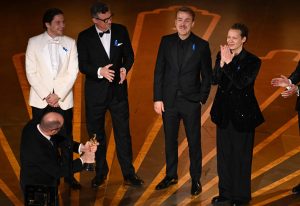
Director Edward Berger telling Felix Kammerer: “That was your first movie, and you carried us on your shoulders as if it were nothing. Without you, none of us would be here”.
© PATRICK T. FALLON / AFP /
picturedesk.com
From obscurity to global spotlight
The Oscars changed everything. But as Kammerer admits in his conversation with Dorotheum myART MAGAZINE, he’s not particularly fond of the “larger-than-lifeness of the industry”. What matters more to him than Oscar accolades, he says, are the connections he’s made within the film world – often in the most unexpected places. “I bumped into Guillermo del Toro on my way to the loo at the Oscars”, he recalls. “He tapped me on the shoulder and said, ‘Hey, kid, when are we going to work together?’ At first I thought it was just talk, but two weeks later I got a message. Guillermo wanted a zoom meeting. “You’re on board, man, you are on board!”
That encounter led Kammerer to a role in the Netflix production Frankenstein, the Mexican-born, Oscar-winning director’s typical fairy tale for grown-ups, due for release in late 2025. Also typical of del Toro, “whose films I have always devoured: a huge budget, a film that teeters on the edge of kitsch, but always serious”, says Kammerer. The Austrian star plays William, Frankenstein’s younger brother, who is killed by the creature his sibling has created. In Mary Shelley’s original, the character is a child, but del Toro reimagined the role for Kammerer, adding adult depth and giving the actor a more complex persona to inhabit.
For the time being, Kammerer is back on stage at the Burgtheater in Der Fall McNeal, directed by Jan Bosse, one of his favourite theatre makers. It is the same place where he was hired on the spot in 2019, after studying at the prestigious Ernst Busch University of Theatre Arts in Berlin, with interludes at the Maxim Gorki Theater in Berlin, and appearances at the Salzburg Festival. We find him in what he describes as a period of rest. “Riding the waves” is his plan: “Dive into film during periods of high intensity, return to theatre when things calm down. Then repeat, hunter-prey style.”

Taking a step back is important, Kammerer says. “I’ve noticed that a lot of people in this industry pump everything they’ve got into it, then realise it’s too much and disappear for years. I don’t want that.” This level-headedness – unusual among high-flyers – stems from his upbringing. The son of mezzo-soprano opera singer, Angelika Kirchschlager and baritone, Hans Peter Kammerer, Felix grew up traveling the world. Now, with an international career of his own, spending time with his family remains a top priority. His calm, pragmatic approach stands out even more in an industry driven by relentless self-promotion.
Art as homeland
Kammerer’s affinity for visual art was practically inborn. His parents are collectors, and growing up in a city rich with museums has only deepened his appreciation. His own collection includes works by artist friends, the first exception being a Hamlet lithograph by Alfred Hrdlicka, purchased at a Dorotheum online auction. Winning that bid, he says, felt like an initiation into adulthood.
For an actor constantly on the move, art has become a kind of homeland. Museums serve as sanctuaries during his travels – on free days in Los Angeles, “I go to the Getty Center. Or The Broad. It’s like hitting pause. I immediately feel connected to the city because I know something there – something beautiful!” In an interview, he described seeing a direct link between the visual and performing arts. “I think it’s great what’s happening in the visual arts, how people are reflecting on the human experience and expressing it in a focused, tangible way. It’s the same kind of deep connection that audiences are looking for.” When it comes to art movements and aesthetics, Kammerer has a definite preference for straight lines and a minimalist style. As concrete and functional as possible, so no Art Nouveau or Hundertwasser flourishes. “New Objectivity, Bauhaus – that’s my thing. But simplicity can descend into chaos, like you see in the work of Mark Rothko. Not everything has to be in perfect order.” As for materials, he prefers concrete to highly polished wood.
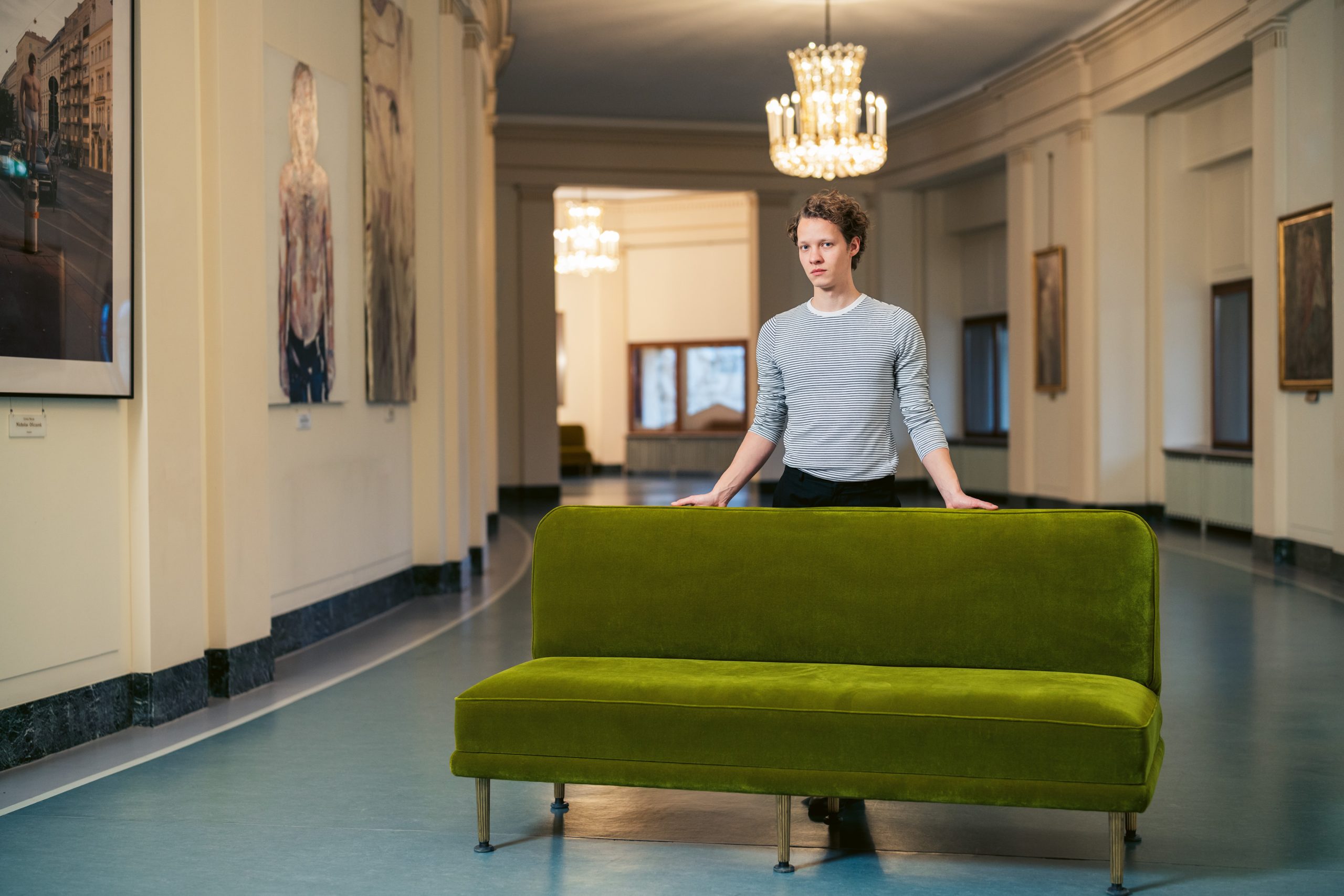
Acting with a touch of physics
This penchant for clarity extends to Kammerer’s rational, analytical approach to acting. For the shots in All Quiet on the Western Front, Kammerer created emotion charts in Excel, meticulously categorising emotional states to evoke the right feelings on set. In his thinking and work, Kammerer is interested in structures, whether mechanical – such as the technology of film and theatre – or dramaturgical.
For him, dramaturgical thinking has a lot to do with physics, he says: What triggers what? In fact, if acting had proved too elusive – say, after 20 or more failed auditions – he might have studied physics or literature instead. Now it’s acting, with a bit of physics thrown in. His analytical mind also drives his theatre work, as he strives to get to the heart of a character or scene. “Like a Sudoku or a Rubik’s Cube, I love the detective-like, almost scientific process of uncovering the core of human motivation. There may not be a clear answer in the end, and then I say: Never mind, let’s just act!”
The only area where the ever-stylish actor deviates from minimalism is in his wardrobe. As he puts it, his clothes always contrast with his grown-up body. His motto? “Suit with a twist” – like the Louis Vuitton ensemble at the 2024 Nestroy Gala or the star-studded glitter jacket at the Oscars. Asked if he has a stylist, Kammerer’s eyes widen in mock horror: “No! I just need something to wear, that’s all!”
A merging of two facets
What’s next on the artistic horizon? “Mainly making films,” Kammerer says. Though he’s eager to shed the soldier roles – having played one again in the Netflix miniseries All the Light We Cannot See (2023). Needless to say, the signs for a career after war films look very promising. Beyond Frankenstein, he stars in the emigration drama Eden and Break, Daniel Brühl’s upcoming tennis biopic. In the latter, due for release in 2026, Kammerer plays blue-blooded tennis player Gottfried von Cramm. It could well require as much training as All Quiet on the Western Front, which involved weeks of physical activity in a ten-kilo waistcoat.
Where film preferences are concerned, he’s drawn to “oddities”, as he puts it, admiring filmmakers like the Greek director Giorgos Lanthimos and the French Cannes-winning actress Julia Ducournau. In other words: not mainstream but art-house, and not necessarily with a huge budget. “I would even play a soldier again for Lanthimos,” he jokes.
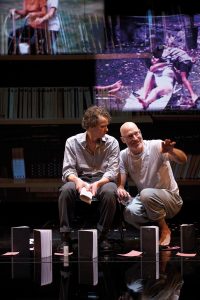
Jan Bosse
© Tommy Hetzel
In Vienna Felix Kammerer is a member of the Burgtheater ensemble. Despite the overwhelming success of the film, which briefly made it seem like the theatre might just lose its actor, Kammerer’s connection to the stage runs deep. Kammerer is currently sharing the stage at the Burgtheater with Joachim Meyerhoff. He plays the artistically exploited son of a down-at-heel writer who finishes his works with the help of AI. A play by Ayad Akhtar, Der Fall McNeal (or McNeal, as it’s known in English) asks uncanny questions, says Kammerer of the drama. Although the threat of AI to his own profession is currently low, given that the technology is still evolving, he adds, “Maybe in just five years, the computer Felix could do a much better job than I ever could.” It’s already clear, he says, that “we’re not testing the machine – we ourselves are being tested in this belief.”
At which point he launches into a eulogy: “For me, theatre is the drawing board of acting; it is the foundation.” He is particularly drawn to theatre that explores systems, whether it’s violence, love or hate. Kammerer isn’t interested in realistic representation, but in a form that illuminates the underlying mechanisms at play. In film, he says, it is more about drawing attention to detail and highlighting individual characteristics. “They are two facets of an art that can’t be reconciled.” And yet, in the complexity of Felix Kammerer, the two actually do come together.
Margarete Affenzeller is cultural editor of the Austrian daily newspaper Der Standard and a member of the Nestroy Prize jury.
Doris Krumpl is Dorotheum’s Press Spokesperson.

